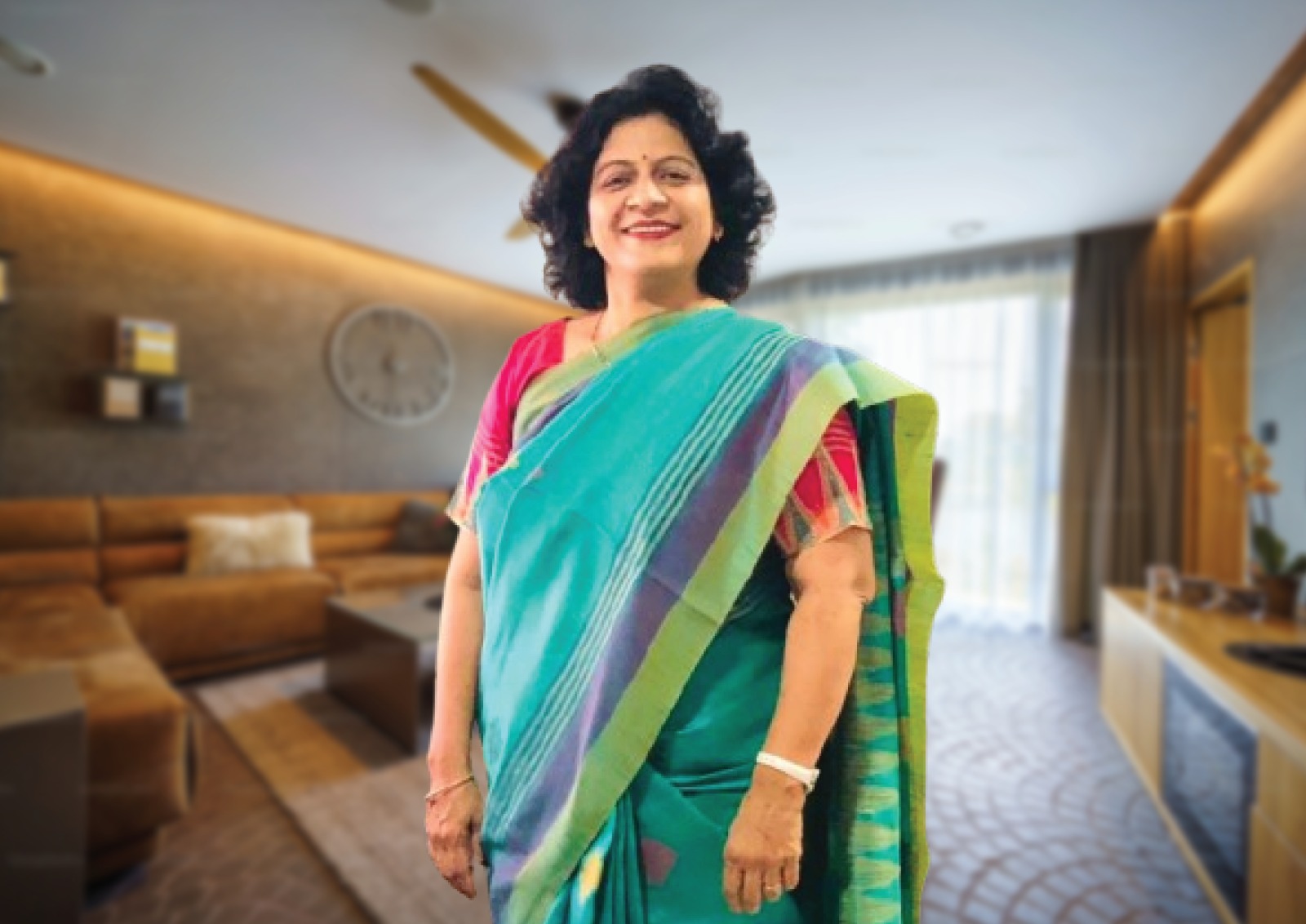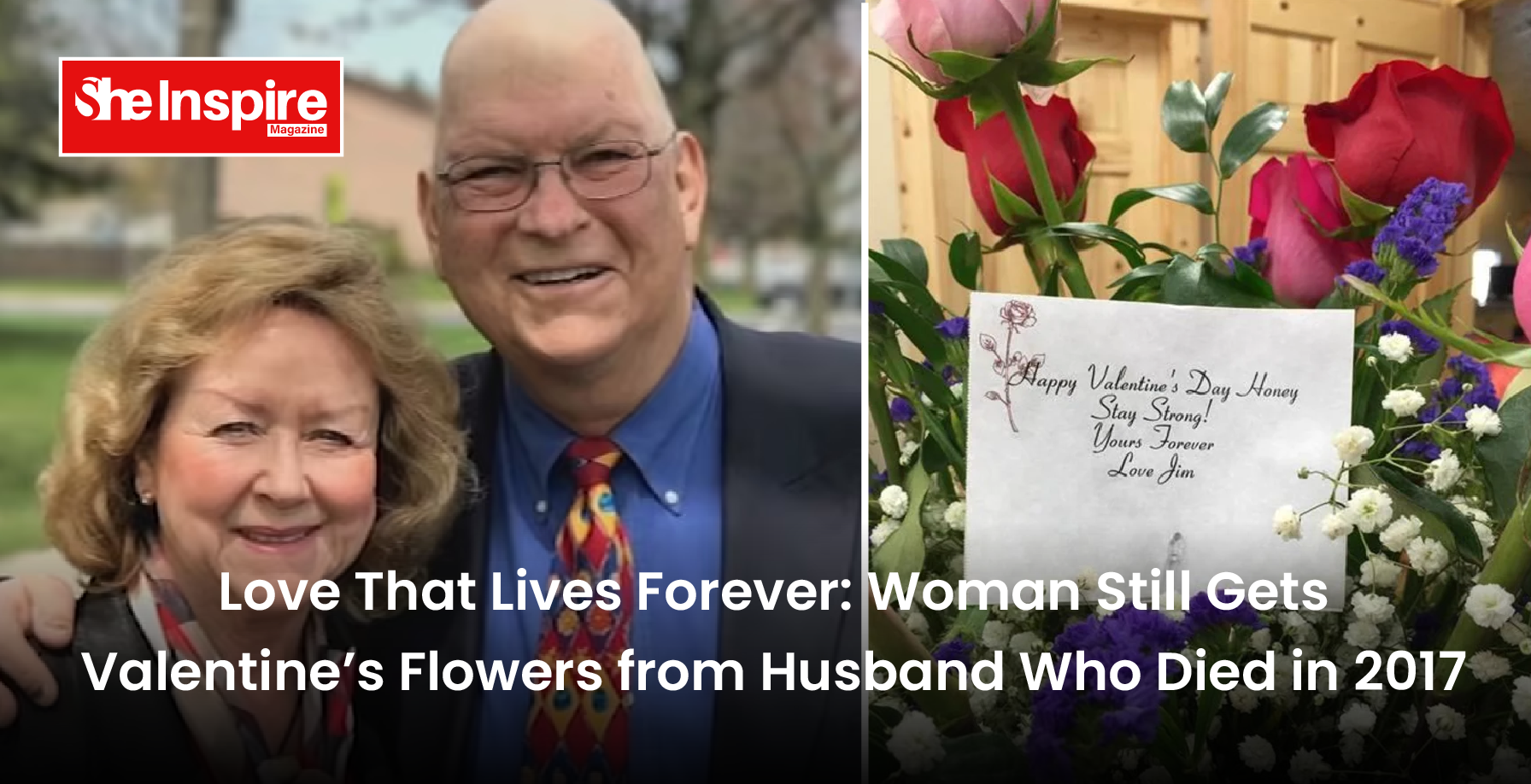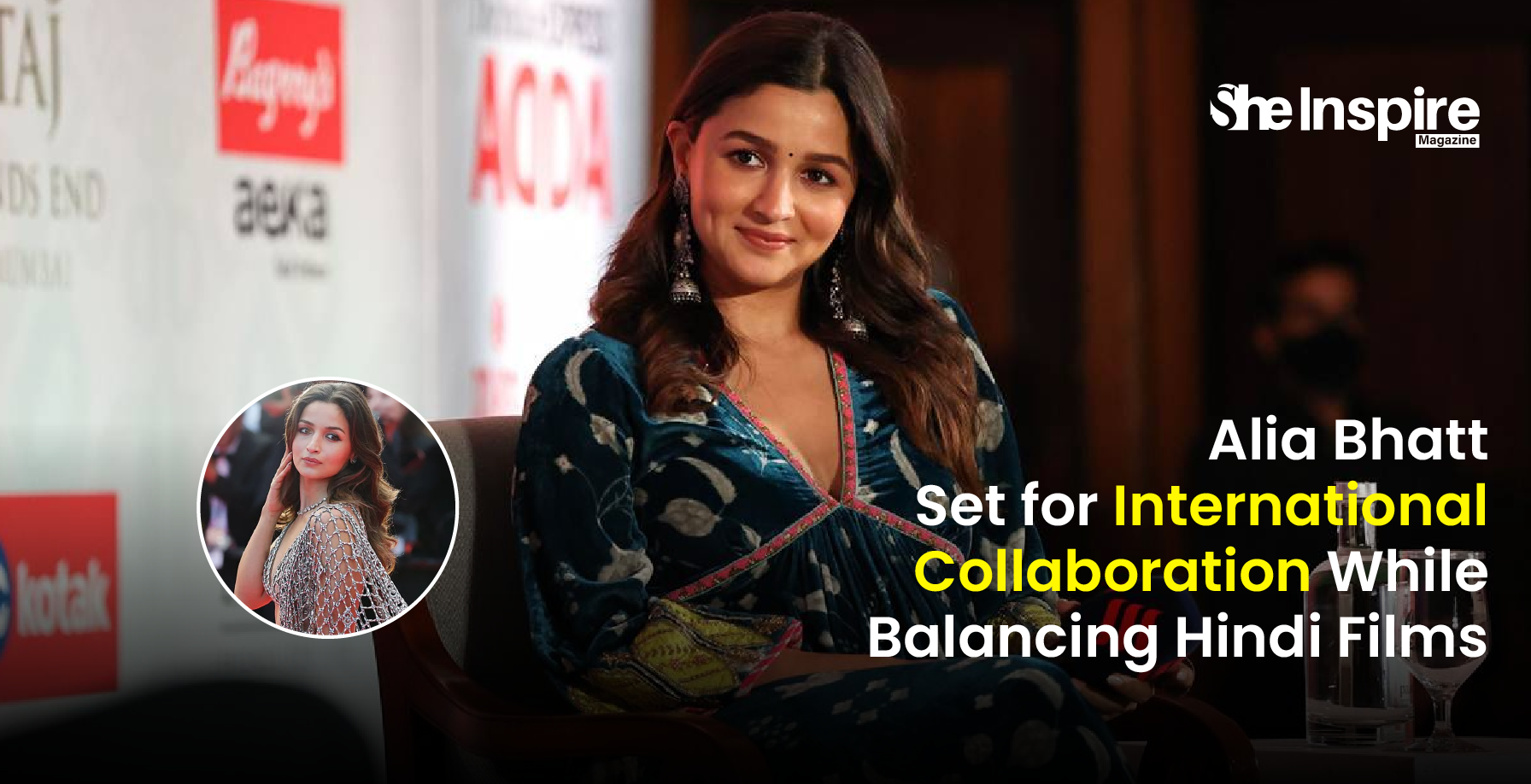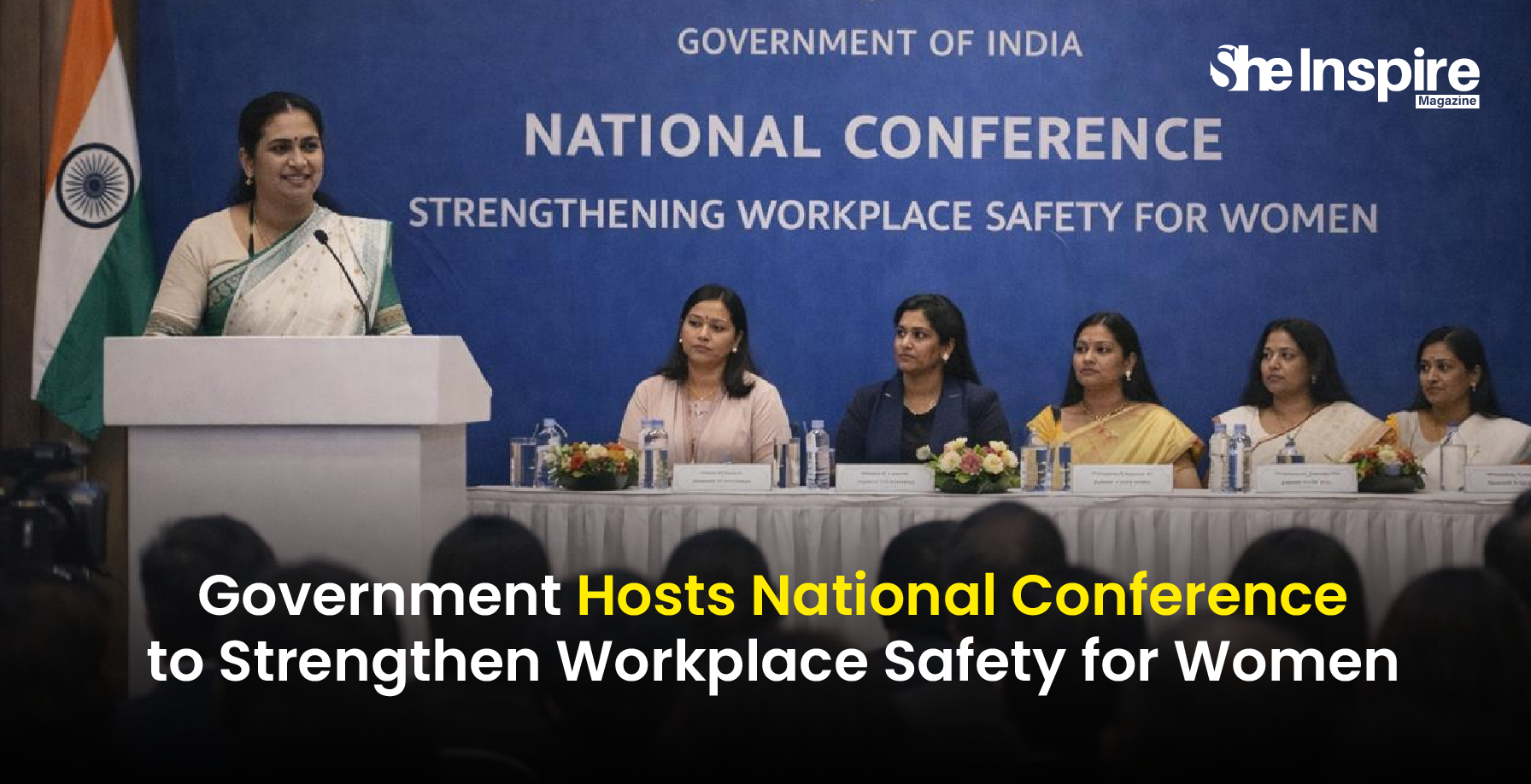Arati Gokhale: A Lifelong Advocate for Organ Donation

Arati Gokhale works towards increasing awareness about organ donation and saving lives, she has worked in this field for over 30 years. Her core values and principles that guide work in organ allocation and distribution include respect for human life and dignity, fairness and equity in allocation, priority based on medical urgency and need, maximizing organ utilization and minimizing waste, transparency and accountability in the allocation process, compassion and empathy for patients and families, collaboration and teamwork among healthcare professionals, continuous improvement and innovation in the allocation process, cultural sensitivity and respect for diverse beliefs and values, and commitment to saving and improving lives through organ transplantation.
These values and principles guide the work of organ procurement organizations, transplant centers, and healthcare professionals to ensure that organ allocation and distribution are done with the highest ethical standards and with the goal of providing the best possible outcomes for patients in need of a transplant. This article tells about Arati Gokhale, her achievements, and her challenges.
Introduction:
Arati Gokhale is a highly experienced chief transplant coordinator with a 30-year career dedicated to increasing organ donation and saving lives. She has successfully managed organ donation programs and developed communication strategies, notably overseeing the Zonal Transplant Coordination Centre in Pune as Chief Operating Officer, serving a large population across 15 cities. Her efforts have significantly boosted organ donation rates and facilitated numerous transplants through awareness campaigns and training initiatives for stakeholders. Additionally, she has a background in social work, providing support to vulnerable populations and counseling services for various challenging cases, including drug rehabilitation, abuse victims, and HIV/AIDS patients. Since childhood, Arati's upbringing has emphasized social work. Her father and grandfather were her inspirations; despite their physical challenges (her father had polio affecting his left leg, and her grandfather lost both legs below the knee in a railway accident), they remained remarkably independent. Her father worked as a radio engineer at Philips, while her grandfather took tuitions which consisted of science and math subjects for 8th to 12th grade students. Inspired by their resilience, she became involved with Jaycees, a voluntary organization akin to Rotary or Lions Clubs. Through Jaycees, she taught literacy to beggars at Pune Railway Station, learned Braille, and taught Marathi to blind students. This experience motivated her to pursue a career in professional social work.
She completed a master's degree in Medical Social Work specializing in Medical and Psychiatry. During her studies, she worked at a girls' remand home, handling cases of rape, attempted suicide, dowry victims, and orphaned girls. Additionally, she was posted at a Drug & Alcohol De-addiction Canter where she managed cases of alcoholism and drug addiction. After completing her master's, she began her career at Manas Vardhan Deaddiction Centre.
Later, she joined Ruby Hall Clinic as a Medical Social Worker. Here, she provided pre-and post-test counseling to HIV-positive patients, counseled individuals who had attempted suicide and supported live donors considering kidney donation for their loved ones. She initiated adherence counseling for post-operative kidney transplant patients and assisted unwed mothers with adoption counseling. She also raised funds for financially challenged patients and collaborated with various agencies.
Driven by a passion for innovation and social impact, she worked closely with intensivists, conducting daily rounds in the ICU and providing grief counseling and counseling for eye donation after death. She also received training to remove corneas from deceased individuals.
In 1994, the Human Organ Transplant Act came into effect, inspiring her to utilize her counseling skills to encourage families to donate organs from brain-dead patients. In 1997, she successfully conducted her first deceased donor transplant.
One incident that stands out is when she was counseling a suicide attempt survivor during her ICU rounds and was observed by Dr. K. B. Grant. He mistook Arati for a relative and later invited her to discuss her work and role, subsequently allocating office space for the social work department for the first time in Ruby Hall Clinic.
Gradually, she gained recognition. In April 1997, Pune achieved its second deceased donor transplant in Maharashtra and the first in Pune, marking a significant achievement for all involved. This success prompted her to start grief counseling for ICU patients' relatives, which helped build rapport with families. Simultaneously, she became actively involved in counseling live donors and promoting transplantation.
In 2002, she learned about an Advanced Diploma in Transplant Procurement Management at Barcelona University, Spain, through a colleague. Despite challenges such as limited access to information and lack of a passport, she pursued the diploma enthusiastically, eventually securing a scholarship out of 52 global applicants. This opportunity provided her with a broader perspective and enhanced knowledge of transplant programs.
In 2011, she transitioned from the hospital to a role offered by the Chairman of an NGO under the Health Department of Maharashtra State. Here, Arati played a pivotal role in establishing and overseeing the Zonal Transplant Coordination Centre for the Pune zone, focusing on organ donation awareness, coordination with hospitals and stakeholders, and ensuring adherence to guidelines. This work involved extensive networking, training hospital coordinators and stakeholders, including police, on processes and laws, and green corridors. Coordinating with national and state stakeholders.
Throughout her career, she has collaborated with numerous organizations to promote organ donation awareness. Notable initiatives include introducing India's first software-based allocation system and QR code-based donor pledge form application in my region, supporting initiatives like short film competitions and green corridors, and contributing to setting a Guinness World Record for the most organ pledges in eight hours.
Arati was also selected for a Mini Fellowship program at the Gift of Life Donor Program in Philadelphia, USA, where she had the opportunity to interact, learn, and share knowledge with international peers. Even during personal events, travels, and international trips, she remains committed to her work, utilizing technology like Wi-Fi to stay connected and productive. Top of Form.
Challenges and achievements:
Medical social workers or transplant coordinators face many challenges in establishing their role in hospitals or healthcare setups. They play a crucial role in providing grief and sorrow counseling, initiating the transplant process with activities such as grief counseling, breaking bad news, and providing ongoing emotional and mental support in nonjudgmental ways.
She also got the following awards:
- Devdoot Puraskar-2023
- Prabhat Nari Sanman-2023
- Udan Mahila sanman-‘katyar samajsevechi’-2022
- Achievement Award by IHLT-2022
- Vocational Excellence Award Rotary Club Synergy-2021
- Dr. Anandibai Joshi Puraskar-2018
- Vocational Excellence Award Rotary Club west-2017
- Paul Harris fellow from Rotary Club of Pune central-2017
- Award for maintaining green corridor for first heart retrieval in Pune – Apulki Foundation-2016
- Late Annasaheb Kamate Puraskar from Vanchit Vikas-2016
- Popatlal Shah Best Student Award – Pune University-1991
Personal Insights:
Achieving a balanced life between career and personal obligations involves intentional efforts and self-care practices. Key strategies include setting clear boundaries to delineate work hours, prioritizing activities that promote physical and mental well-being, and learning to decline tasks that overwhelm personal time. Effective use of technology, scheduling dedicated personal time, and seeking support from a network of family, friends, and colleagues are also crucial. Practicing mindfulness, taking breaks to prevent burnout, and periodically reassessing priorities ensure alignment with both personal and professional goals. Flexibility is essential in adapting to life's changes, making balance a continuous journey of effort and self-awareness. Maintaining a balance between work and personal life has been crucial for Arati over the past 32 years, supported primarily by her family. Her husband, parents, in-laws, and daughters have been unwavering sources of encouragement. She credits her career achievements to the unwavering support of her family, colleagues, and household staff who manage her home.
Impact and Vision:
Talking about her leadership style Arati says that leadership style is inclusive, empathetic, and visionary, aiming to empower others, foster collaboration, and drive innovation. Key aspects include prioritizing the growth and well-being of her team through servant leadership, promoting collaborative decision-making, and cultivating emotional intelligence for strong relationships. She inspires with visionary thinking, encouraging progress and adaptation through agile problem-solving. Leading with authenticity, integrity, and a commitment to continuous learning, she aims to create a positive impact and achieve success through compassionate yet results-oriented leadership. She believes a successful transplant program is a result of Teamwork.
Talking about her future goals she said that she can consisder collaborating with government agencies, NGOs, and healthcare organizations to advocate for policy changes and awareness initiatives and Establishing support systems for donor families and recipients.
Currently she is working on organizing workshops and CME (Continuing Medical Education) training programs for medical professionals and conducting awareness campaigns for the general public.
Conclusion:
Her advice to young woman embarking on a career in organ donation and transplantation, here's her advice:
- Cultivate compassion and empathy: Develop a deep connection with patients, families, and healthcare professionals in this field.
- Stay curious and committed: Continuously update your skills and knowledge to tackle the complexities of organ donation and transplantation.
- Foster strong relationships: Collaborate effectively with diverse teams including medical professionals, patients, and families.
- Hone communication skills: Communicate complex information clearly and sensitively.
- Build emotional resilience: Practice self-care and stress management to handle challenging and emotional situations.
- Advocate for patients and families: Be a vocal advocate for equitable access to transplantation and compassionate care.
- Stay updated with advancements: Keep abreast of new technologies, research, and best practices in this rapidly evolving field.
- Seek mentorship and guidance: Find experienced mentors who can support and guide you throughout your career journey.
- Prioritize self-care: Maintain a balance between professional dedication and personal well-being.
- Find purpose and fulfilment: Remember the profound impact of your work on patients' lives and the field as a whole.
At last she quoted Theodore Roosevelt-“ Believe you can and you're halfway there."



